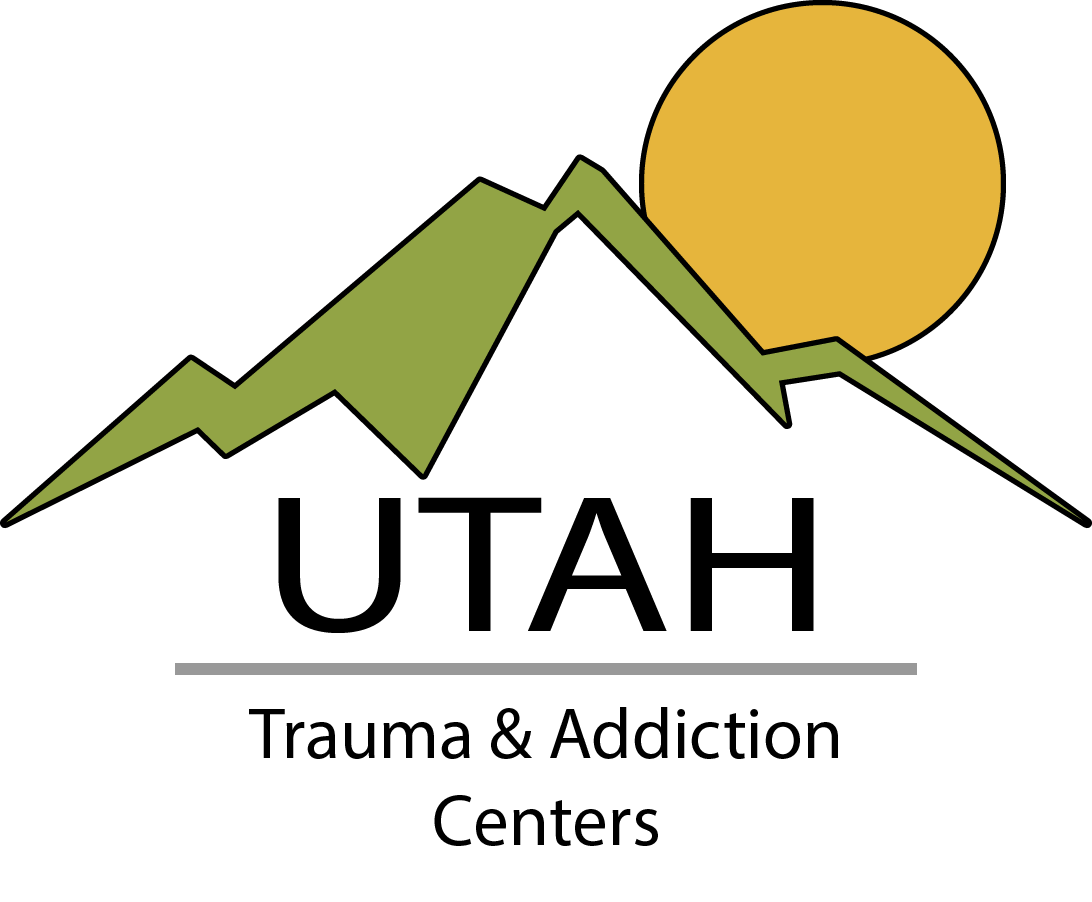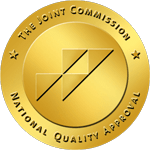Definition of Addiction
Addiction is a dysregulation of the midbrain dopamine (pleasure) system due to unmanaged stress resulting in symptoms of decreased functioning, specifically:
- Loss Of Control
- Craving
- Persistent Drug Use Despite Negative Consequences
(Kevin McCauley, MD, 2012.)
It is characterized by: inability to consistently abstain, impairment in behavioral control, craving, diminished recognition of significant problems with one’s behaviors and interpersonal relationships, and a dysfunctional emotional response. Like other chronic diseases, addiction often involves cycles of relapse and remission. Without Christian treatment or engagement in recovery activities, it is progressive and can result in disability or premature death.
Addiction is a primary, chronic disease of brain reward, motivation, memory, and related circuitry. Dysfunction in these circuits leads to characteristic biological, psychological, social, and spiritual manifestations. This is reflected in an individual pathologically pursuing reward and/or relief by substance use and other behaviors.
Addiction (termed substance dependence by the American Psychiatric Association) is defined as a maladaptive pattern of substance use, leading to clinically significant impairment or distress, as manifested by three (or more) of the following, occurring at any time in the same 12-month period:
-
- Tolerance, as defined by either of the following:
- a need for markedly increased amounts of the substance to achieve intoxication or the desired effect
- markedly diminished effect with continued use of the same amount of the substance.
- Withdrawal, as manifested by either of the following:
- The characteristic withdrawal syndrome for the substance
- The same (or closely related) substance is taken to relieve or avoid withdrawal symptoms.
- The substance is often taken in larger amounts or over a longer period than was intended.
- There is a persistent desire or unsuccessful efforts to cut down or control substance use.
- A great deal of time is spent in activities necessary to obtain the substance (e.g., such as visiting multiple doctors or driving long distances), use the substance (e.g., chain-smoking), or recover from its effects.
- Important social, occupational, or recreational activities are given up or reduced because of substance use.
- The substance use is continued despite knowledge of having a persistent or recurrent physical or psychological problem that is likely to have been caused or exacerbated by the substance (e.g., current cocaine use despite recognition of cocaine-induced depression or continued drinking despite recognition that an ulcer was made worse by alcohol consumption).
(American Psychiatric Association. Diagnostic and Statistical Manual of Mental Disorders. Fourth Edition, Text Revision. Washington, DC: American Psychiatric Association, 2000.)


